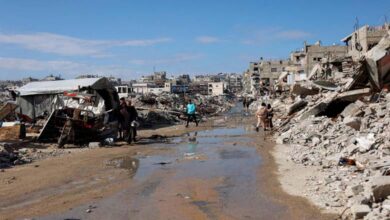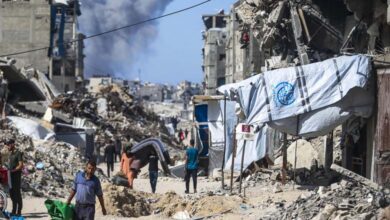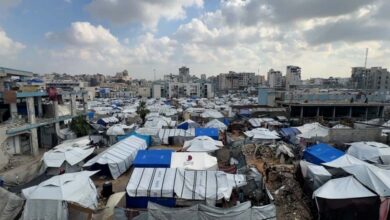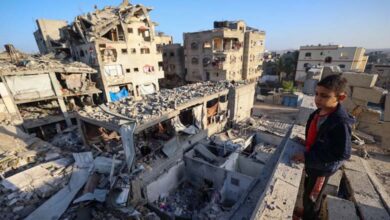UNICEF warns of the worsening economic crisis in Lebanon, leading the people towards the unknown

Families in Lebanon are barely keeping up with basic needs despite drastically cutting expenditures, according to a new UNICEF survey, as an increasing number of families are forced to send their children – some as young as six – to work in a desperate effort to survive the social and economic crisis engulfing the country.
According to a WHO report published Tuesday, the results of the survey paint a dramatic picture of the situation; The crisis continues to escalate for the fourth year in a row, with devastating consequences for children.
The Tragedy of Lebanon
“The report, based on the latest UNICEF rapid assessment of children’s lives, shows that nearly 9 out of 10 households do not have enough money to buy essentials, forcing them to resort to extreme measures to deal with the crisis.”
The report also revealed that 15% of families stopped their children’s education, up from 10% a year ago, and reduced education spending by 52%, compared to 38% a year ago. Three-quarters of families reduced health treatment spending, compared to 6 out of 10 last year, and two out of five families were forced to sell their properties, up from one in five last year.
More than one in 10 families have been forced to send children to work as a means of coping, with the figure rising to nearly one in three families among Syrian children, and despite these desperate coping procedures, many families cannot afford the amount and variety of food they need and cannot afford health treatment.
The WHO report stated that many caregivers admitted that a depressed situation caused them to suffer from constant stress; Six in 10 felt they wanted to scream at their children and two in 10 felt they wanted to beat them in the past two weeks up to the time of the poll.
Psychological damage
The report emphasized that rising tensions, along with deprivation, are taking a heavy toll on children’s mental health: Nearly 7 out of 10 caregivers said their children appeared anxious, stressed or anxious; nearly half said their children were extremely sad or depressed every week, as gaps in the national social protection system and limited access to basic services, especially education and health, make it harder for families to deal with the crisis. “UNICEF urges the government to quickly implement the recently released National Social Protection Strategy (NSPS), which includes plans to provide social grants to those most in need, including vulnerable families raising children.” UNICEF also urges the government to invest in education through national reforms and policies to ensure that all children – especially the most vulnerable – have access to comprehensive and high-quality education.
“More investment in basic services for children – education, health, and social protection – will decisively help mitigate the impact of the crisis, ensuring the well-being and survival of future generations and contributing to economic recovery,” Begder said.












